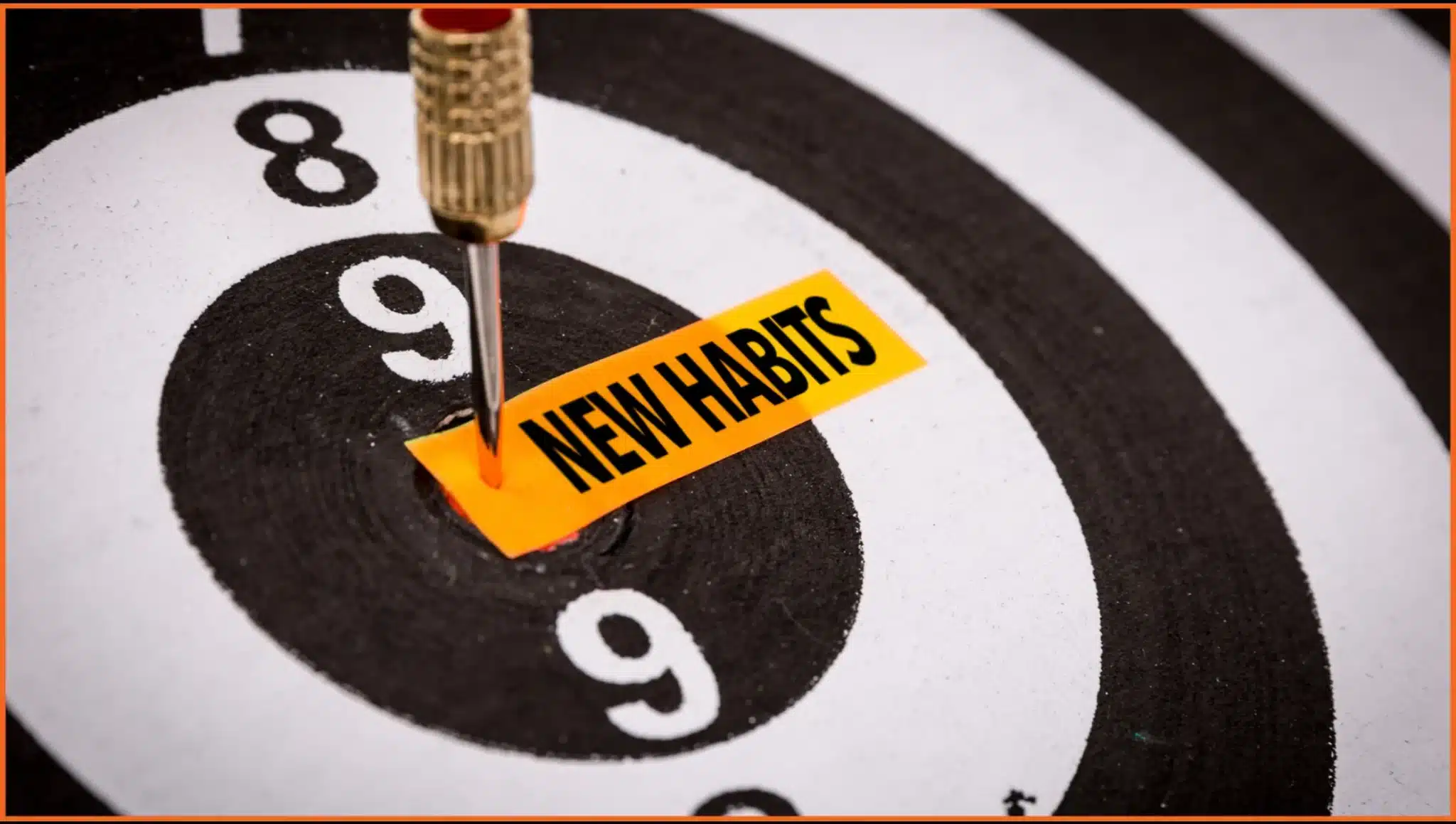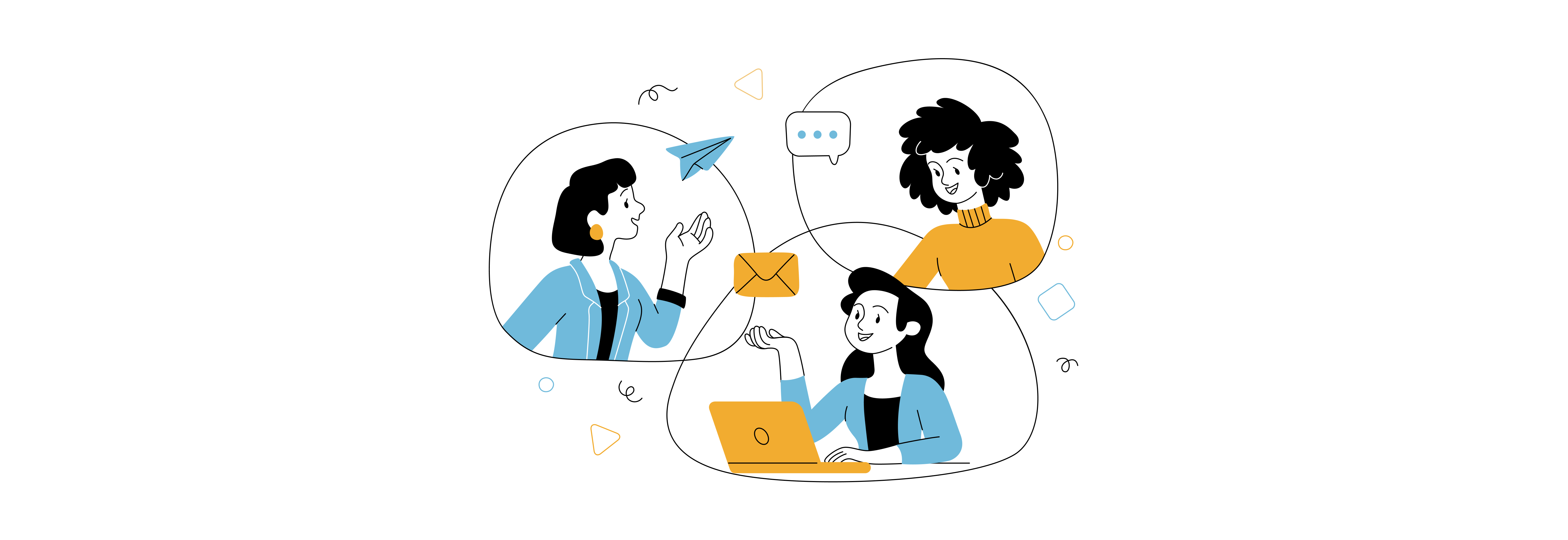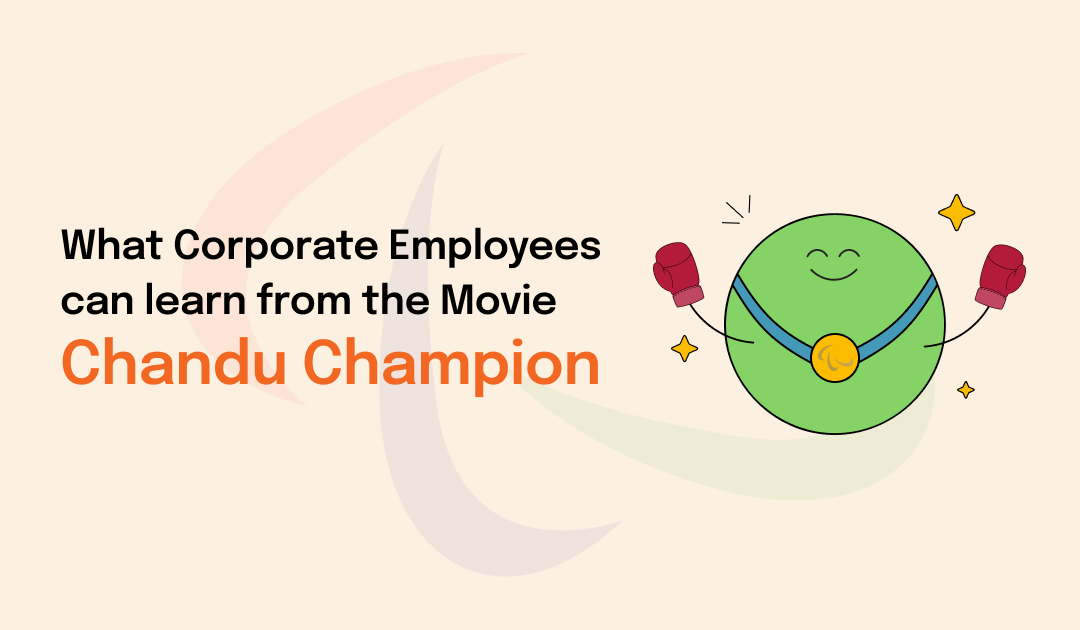Vuja De – what a beautiful concept!
Derived from deja vu, the phenomenon where an event happens and you feel that it has happened before, vuja de is the direct opposite. It’s when you are doing something very familiar – something you have done a thousand times before – and you suddenly feel you are experiencing something very new.
 Why is Vuja De such an important concept?
Why is Vuja De such an important concept?
Tom Kelley, a partner at the renowned design and innovation consultancy IDEO, has briefly discussed vuja de in one of his talks. He explained to the audience that it was important for innovators to be able to look at familiar situations and see them anew—because this fresh perspective could help them to become aware of opportunities and possibilities that no one else was noticing.
That’s what innovators do all the time, isn’t it?
- Someone saw the problem in the daily grind of hailing a cab – along came Uber!
- Another who couldn’t find the books he needed in a bookstore started Flipkart!
- A caveman infected with vuja de was perhaps the first to notice the sparks that emanated when he was going about his daily task of throwing stones – and he discovered fire!
Does vuja de help in a corporate context? But of course, the answer is a resounding yes! Here is an interesting anecdote from the corporate context: In 1985, Intel was deep into the memory chips business. Unable to match the Japanese price-value equation, the company was staring at a crisis. To be able to wipe the slate clean and look at the business afresh with new eyes – Andrew Grove famously fired himself. He and Gordon Moore walked back into the building as the new executives who replaced them and relooked at the business anew. Yes, it was simulated vuja de, but from that dramatic move came the decision to prioritize the secondary business of microprocessors. The rest as they say, is history.
But how relevant is vuja de in our daily lives?
I work as a facilitator with FocusU. In the last six years of working here, we have conducted hundreds of Team building workshops. It is but obvious that, as a facilitator, I repeat many of the activities multiple times. Practice does make perfect, but repetition also tends to sometimes deaden the senses and make things “routine.”
The risk for me as a facilitator though is that, if I do my job as a “routine,” the excitement and freshness that people seek in me, will be missing. I often wonder why it is that trainers are often dreaded and seen as boring. It is perhaps because they have delivered their slides a hundred times over! The discovery and joy of learning gets replaced with the dreariness of sameness instead. Enter vuja de. Can we look at the same activity that we are running or the same slides that we are using with “new eyes?” What freshness will that bring in?
What is true for my profession is true for any other too. It is relevant not just in the corporate context but in the personal and social contexts too. In one of the Induction workshops we conducted for a young group at IOCL, one of the participants pondered: What if we club old age homes with orphanages? The idea was brilliant – it was the result of someone looking at an existing problem with “new eyes.” Could vuja de do something for your personal relationships? Think about it.
Bob Sutton, renowned author and professor at Stanford University, wrote about vuja de in a brilliant book called Weird Ideas That Work. Here is a small excerpt from that book: “The vuja de mentality is the ability to keep shifting opinion and perception. It means shifting our focus from objects or patterns in the foreground to those in the background… It means thinking of things that are usually assumed to be negative as positive, and vice versa. It can mean reversing assumptions about cause and effect, or what matters most versus least. It means not traveling through life on automatic pilot.”
Have you had that feeling of vuja de? More importantly, do you do something to consciously grow the vuja de mentality in your daily work? Join the conversation – and do share your thoughts!









